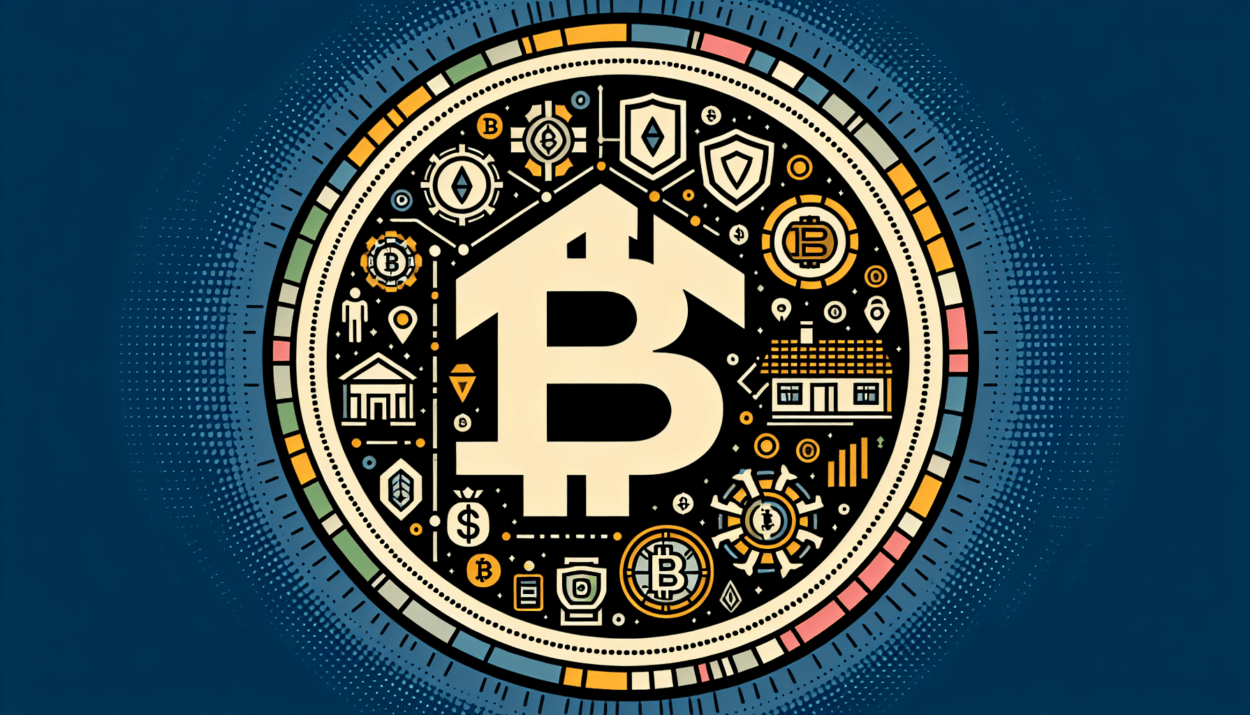Family offices in Asia are increasingly turning their attention towards digital assets, with a focus on increasing investments in this sector.
A recent article from Nikkei Asia highlighted the trend observed by Zann Kwan, the managing partner and chief investment officer at Revo Digital Family Office. This shift in strategy aims to diversify portfolios and potentially enhance returns through direct and indirect investments in cryptocurrencies, crypto funds, structured products, and direct private equity investments.
While digital assets currently make up less than 0.5% of the total assets under management in Asia-Pacific family offices, there is a noticeable uptick in interest. A report by Campden Wealth and Raffles Family Office revealed that about 9% of family offices without existing crypto investments are considering entering this asset class.
The surge in interest towards digital assets has been fueled by significant price increases in cryptocurrencies like bitcoin and ether. For instance, bitcoin’s value has skyrocketed over 160%, surpassing a market cap of $1 trillion for the first time since December 2021. Additionally, the approval of the first U.S.-listed spot bitcoin exchange-traded funds (ETFs) in January has opened up new investment opportunities for both institutional and retail investors.
In response to these developments, Hong Kong has taken proactive steps in regulating digital assets, positioning itself for virtual asset (VA) spot ETF applications. This move could potentially make Hong Kong the first Asian market to introduce such products. However, despite these positive strides, macroeconomic challenges and geopolitical tensions have prompted a cautious investment approach among Asian family offices.
Brian Chan from Venture Smart Financial Holdings (VSFG) noted a growing interest in liquid investments, particularly crypto hedge funds, as family offices seek flexibility amidst the current economic climate. The crypto hedge fund sector has shown signs of recovery from the challenges faced in 2022, with a notable increase in assets under management towards the end of 2023, signaling renewed interest in digital asset investments.
On the other hand, crypto venture capital activity witnessed a decline in 2023, with investments dropping to a third of the previous year’s levels. This shift has led to a rise in passive investment products within the crypto fund market, indicating a strategic shift towards more stable and lower-risk investment options.
Meanwhile, blockchain development in Asia is on the rise, as evidenced by recent approvals for the merger of Layer-1 blockchains Klaytn and Finschia. This merger aims to establish a comprehensive web3 ecosystem in the region, involving numerous companies, decentralized applications (dApps), and over 250 million wallet users.
For more insights on the evolving landscape of digital assets and blockchain technology, stay tuned to Global Crypto News.






















